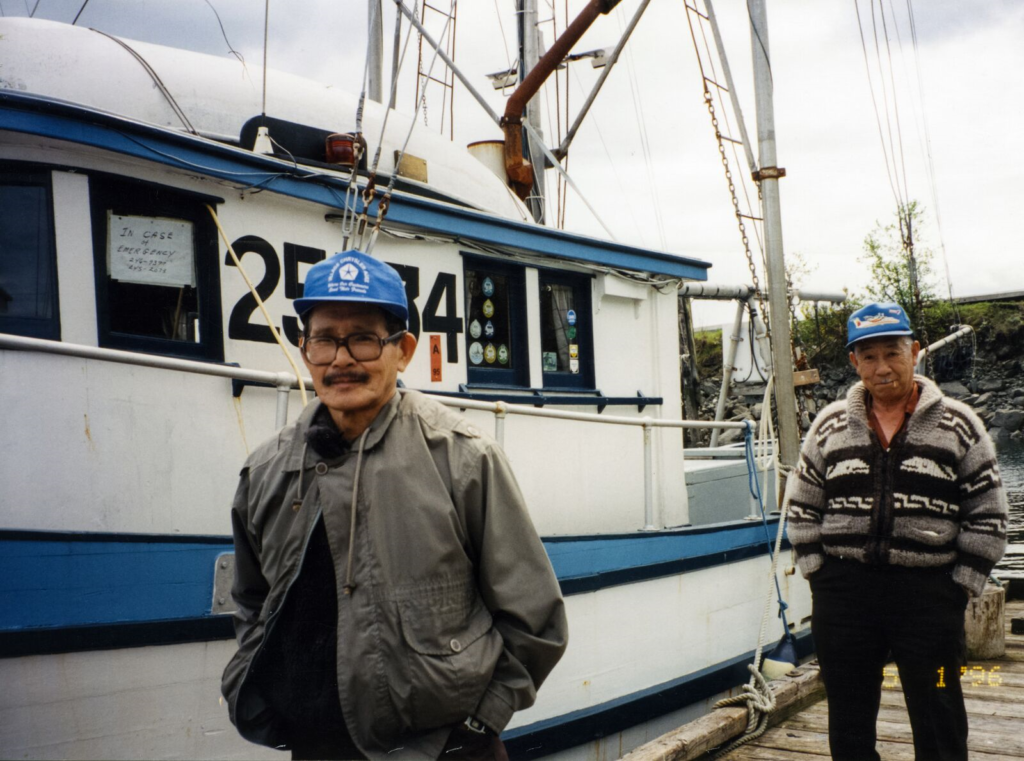
Returning to Vancouver Island from Salt Spring Island, I felt a pull to stop in Chemainus on the way back to Nanaimo.
I was there 22 years ago with my dad and Aunt Helen to visit my Uncle Rondy, who lived in an old fishing boat on Chemainus’ harbour most of his life. That would be the first and last time I would see him. I knew he wasn’t well, but I didn’t know he was dying of cancer.
Uncle Rondy loved Vancouver Island, which was close to Rendezvous Island, where he grew up and the family lost during the Second World War when their belongings were confiscated and they were put into internment camps in Slocan.
“Rondy” was a nickname given to him by other fishermen because he was from Rendezvous, and it stuck, plus it was easier to pronounce than his Japanese name, Yoshinobu.
When Japanese Canadians were allowed to return to the West Coast in 1949, Uncle Rondy was eager to return to Vancouver Island. He bought a boat and was excited to see the island and homestead he had grown up on, only to find out that the land had been taken over by people who did not want him there.
The war was over, but the fear and racism towards Japanese Canadians lingered.
Sometimes I would ask my dad and Aunt Helen if they wanted to return to Rendezvous. I thought they would want to, and that it would be fun to go with them. Instead, they would give me vague answers or change the subject. I was curious why they didn’t want to go back.
Was it because of the stories from my uncle, when he went back to the island and was told to go away? Did the hate and anger toward the Japanese Canadians during wartime leave deep wounds? Was there sadness lingering from being forced from their homestead so suddenly?
They were old enough to be sad about moving away from what they knew and to remember their parents’ tears at losing everything, while their younger siblings thought it was more of an adventure and chance to get away from their daily chores and isolation of the island.
Maya Angelou, American writer and civil rights activist said,
“I’ve learned that people will forget what you said, people will forget what you did, but people will never forget how you made them feel.”
As I get older, I understand how true this is. We may forget the details of a person or place, but we will always remember how they made us feel. I understand only now why my dad and aunt never went back.
Chemainus harbour has changed dramatically from when I was last there, with a new marina filled with upscale sailboats. My uncle’s old boat would be out of place there now.
I felt the spirit of my uncle there. He loved the area, the ocean, his boat and it was his home for most of his life. I whispered “hello” to him and toured the town, which hasn’t changed that much.
Chemainus is a town known for its giant outdoor wall murals, with some honouring the 300 Japanese Canadians who settled there between the 1900s and 1940s, all who were taken away.
Many people tried to tell that the government at the time that it was wrong to put Japanese Canadians into camps and take away their belongings. But in wartime, the overriding feeling is fear.
Fear clouds our judgment and makes us see what we want to see, blinding us to things that are right in front of us that we may not want to see.
It makes us do things that are safe rather than right, and lash out in hostility versus peacefulness.
“Fear is a lack of trust in ourselves, and because of this, we don’t trust life,” says writer Louise Hay. Hay says that the only thing that can fill up that gaping hole, is love for ourselves.
My Japanese ancestors may not have seemed to have much love for themselves. It was and still is part of the Japanese culture to give selflessly to others, and the love wasn’t outwardly shown in big kisses and hugs in public.
However, there was a quiet, underground love, shown through gestures. The mother feeding her children first, the older brother ensuring his younger sister is taken care of, or my grandmother making bread with the flour collected from neighbours to feed her family and others in the camp.
What is love for ourselves? It is being kind to ourselves, not calling ourselves names or being too critical of ourselves, moving forward despite what is happening in our environment at the time and what people are telling us to do, as well as letting go, when necessary.
Japanese Canadians could not control the Second World War or being moved to the camps in the B.C. interior, but they could control how they would act. Many townspeople came to see the Japanese Canadians being loaded onto trucks and trains and were surprised to see them dressed in their best clothing, not making a disturbance, and going in peace with their heads held high.
Accepting what we cannot control, is one of the greatest things we can do for ourselves because it brings us peace and love for ourselves and others. It has been one of the hardest lessons for me.
Louise Hay says the major cause of much suffering in our society is trying to change what we cannot control. It is hard to take off our rose-coloured glasses at times, to take a hard look at what is before us and within us, and go from there. It starts from the truth, looking at our options, knowing that we have the freedom to do what we want. Even though we may not want to choose an option, it still is an option and choosing to do nothing is also an option.
We may sometimes feel that we don’t have a choice, that our wings have been cut and we are not free. This is often far from the truth. While we may think the cage door is closed, it has always been open. It’s the cages we put ourselves in where we suffer the most.
Nelson Mandela, South African anti-apartheid revolutionary, political leader, and peace activist who was imprisoned for 27 years said,
“As I walked out the door toward the gate that would lead to my freedom, I knew if I didn’t leave my bitterness and hatred behind, I’d still be in prison.”
Uncle Rondy accepted that Canada was at war with Japan, a country he had never been to and was only associated with through his Japanese ancestry. He faced racism and hate for the way he looked.
Despite all this, he went back to an area that he loved, bought a boat, and lived a simple life with his Indigenous partner on Galiano Island.
When she died, he moved his boat to Chemainus harbour and lived there most of his life. He took control of his life and had little regrets, despite what life had handed him. Isn’t this self-love in action?
He was a generous and kind man, so much that he would give away most of what he owned if someone needed it. Was it a flaw? If so, his siblings were the same. People would often say that my father, George, was too nice, over-generous, and people would take advantage of him. Interesting enough, people would often say the same about me.
From what the Ishii family had been through and having little after the camps, money was important to them. They were always playing the lotteries, there was constant chatter about how much things cost, and stocking up on the necessities on sale was a shared passion. But at the same time, it didn’t define them. They lived simple lives and were happier to give than receive.
I realize now, to appreciate where you came from, be grateful for what you have, and be compassionate to others because you understand what it’s like to not have anything, and how it feels to be feared and hated because you look a certain way, is a gift that is needed now more than ever.
We must go back to the future and share this gift, which is love, for ourselves, people we love, and even more for those we may not agree with or understand.
“No one is born hating another person because of the colour of his skin, or his background, or his religion. People must learn to hate, and if they can learn to hate, they can be taught to love, for love comes more naturally to the human heart than its opposite,” said Mandela.
Speaking of love, this column is dedicated to my aunt, Joy Flink, who died suddenly on September 27, 2018, in Spring Creek, Nevada. She was born Toshiko Ishii on August 12, 1925, on Rendezvous Island, B.C., the youngest of six children.
I am heartbroken by her loss, as are many. Our world has lost an incredible woman, mother, aunt, and friend. Her life took her to many places, but she was always an Ishii at heart, full of generosity and kindness, cheerful and playful in nature.
If I can have some of those traits passed on to me, in my DNA and from having the opportunity to spend time with her, and her children, I am grateful.
I imagine my Aunt Joy as a sparkling star in the sky. I know she is always with us, watching and encouraging us to carry on with courage and love.
She would be annoyed at people for making a fuss about her and being sad about her loss. I picture her eating good food with her siblings and laughing. Good food was and is still is important to our family. But more than this, they loved sharing food with others. “It tastes better when we eat together,” my dad used to say. I couldn’t agree more.
Also published on Medium.

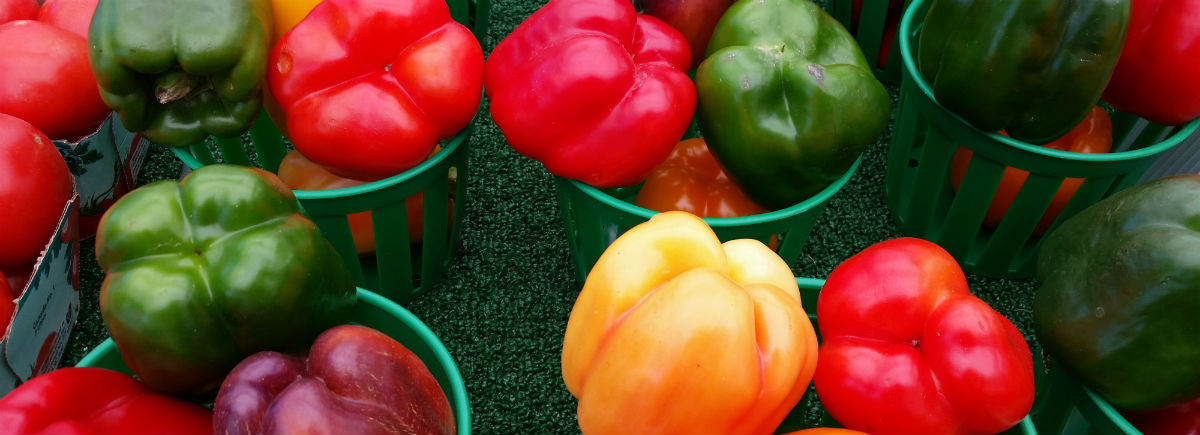
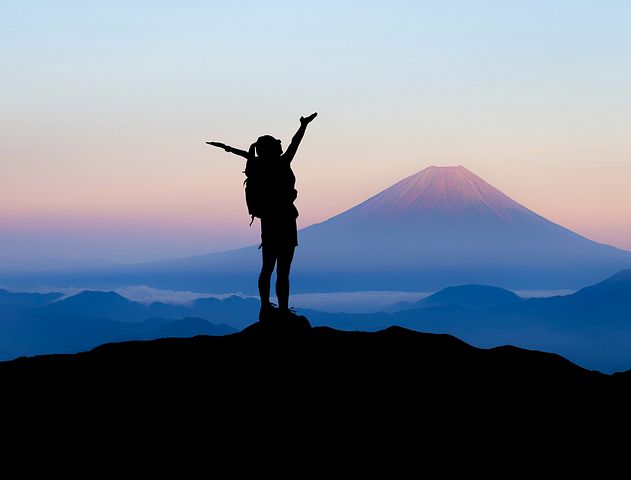
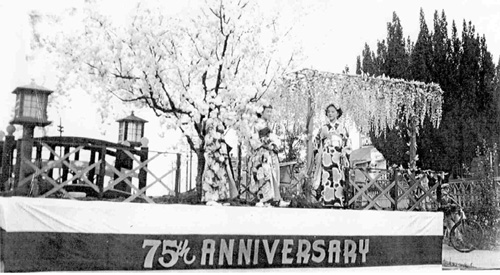
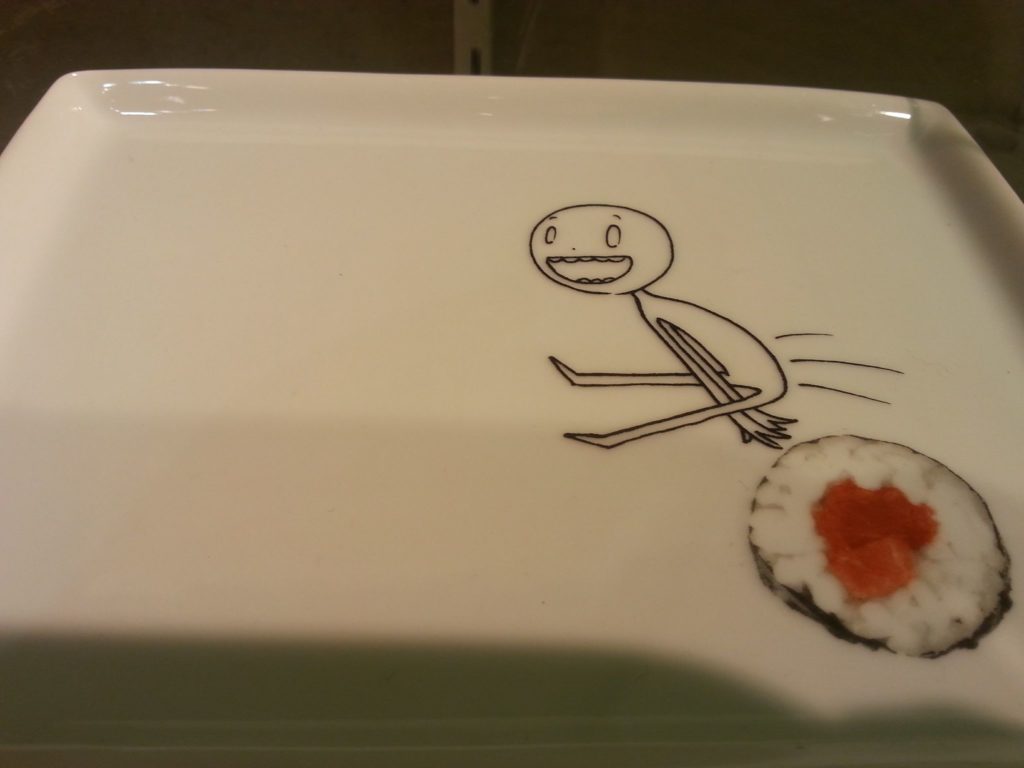
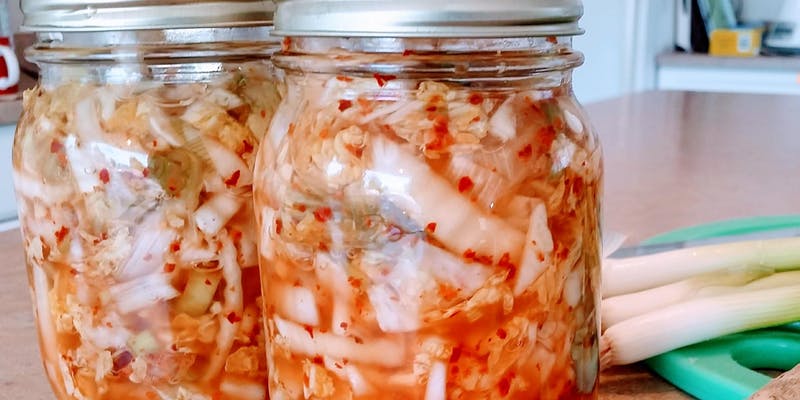
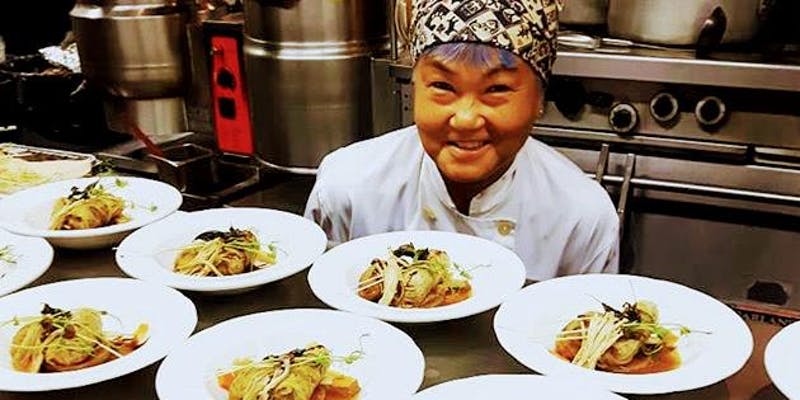
0 Comments